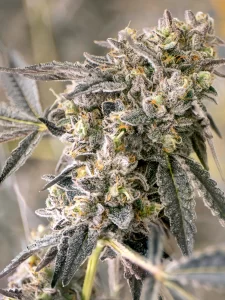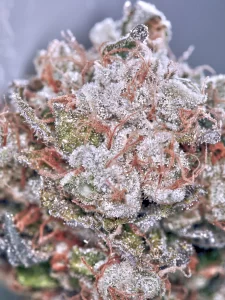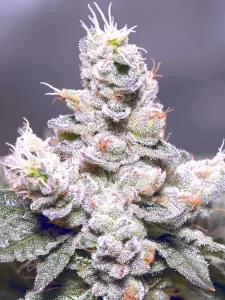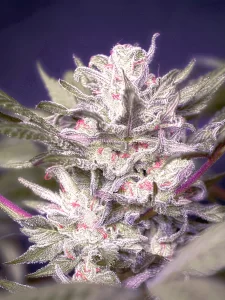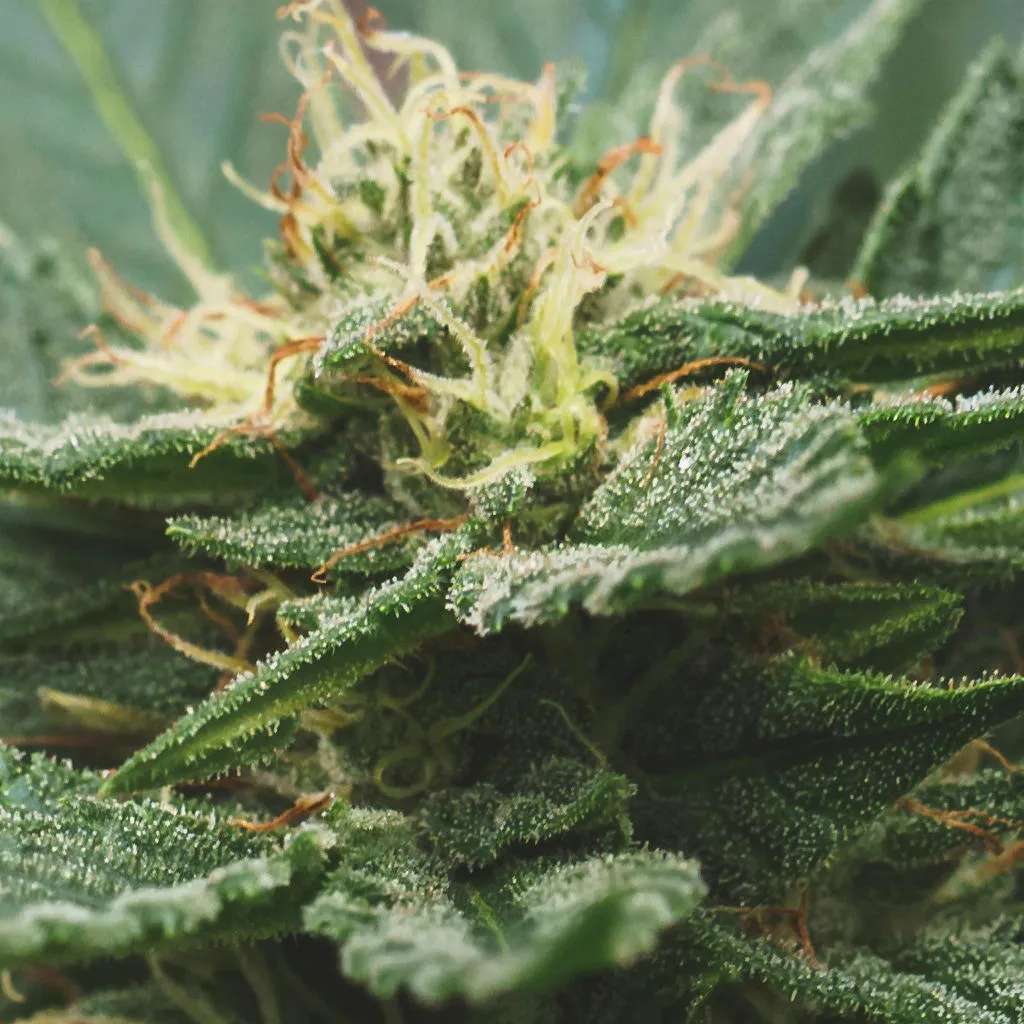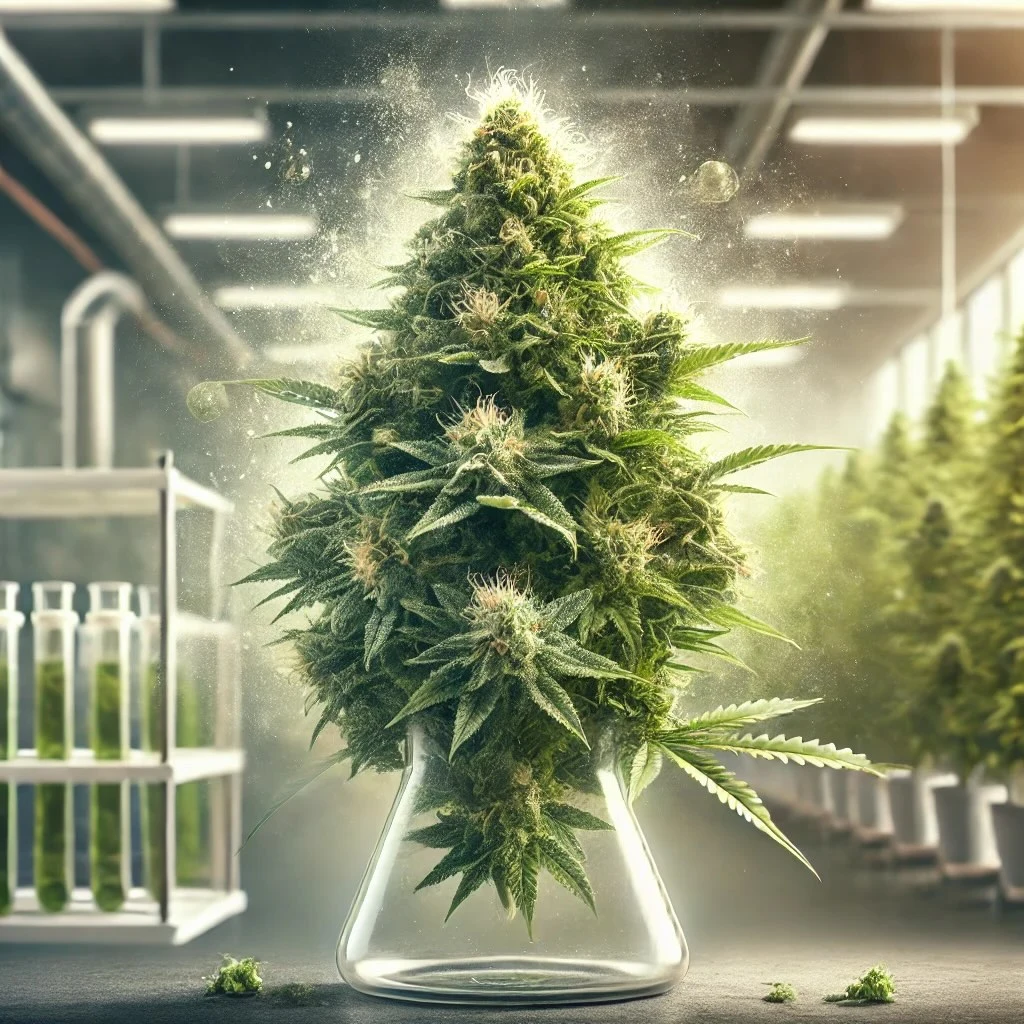Marijuana, known scientifically as Cannabis sativa, has been used for thousands of years for its psychoactive effects, medicinal properties, and as a recreational drug. As the debate surrounding its legality and medicinal uses intensifies across the globe, scientific scrutiny has also surged to understand its full range of effects on the human body. Among the various concerns, one question that has garnered considerable attention is: Does marijuana lower testosterone levels in the human body?
Testosterone: A Quick Overview
Before delving into the relationship between marijuana and testosterone, it’s essential to understand what testosterone is and why it matters. Testosterone is the primary male sex hormone, crucial for the development of male reproductive tissues, promoting muscle mass, bone density, and body hair. Beyond these physical attributes, testosterone also influences mood, energy levels, cognitive functions, and overall well-being. Any significant deviation in its levels can have profound physiological and psychological effects.
Marijuana and Testosterone: The Scientific Standpoint
Research on the connection between marijuana use and testosterone levels has produced mixed results, with several factors contributing to the discrepancies.
Short-Term Effects: Some studies suggest that acute marijuana usage can lead to a temporary decline in testosterone levels. The exact mechanism remains unclear, but it’s believed that the psychoactive compound in marijuana, tetrahydrocannabinol (THC), interferes with the secretion of gonadotropin-releasing hormone (GnRH) in the brain. This hormone is a precursor to testosterone production. The reduction, however, is transient and might not be clinically significant for the average user.
Chronic Use: Studies on chronic marijuana users have generated more varied outcomes. While some have noted reduced testosterone levels, others have found no significant difference when compared to non-users. Chronic usage can influence the endocannabinoid system, which plays a role in regulating mood, appetite, and reproductive systems. However, how this interaction translates to testosterone levels remains a topic of ongoing investigation.
Individual Variability: Just as people respond differently to caffeine or alcohol, the body’s reaction to marijuana is influenced by genetics, overall health, and other individual factors. Thus, while one individual might experience a dip in testosterone after consuming marijuana, another might not register any change.
Dosage and Potency: The strain and amount of marijuana consumed can impact its effects on testosterone. High-THC strains might have a more pronounced short-term effect on testosterone than low-THC varieties.
Associated Lifestyle Factors: Regular marijuana users might adopt certain lifestyle habits that, independently, influence testosterone levels. For example, if a user has a sedentary lifestyle, consumes an unhealthy diet, or indulges in other substances, these factors can all contribute to lower testosterone levels. Distinguishing the direct impact of marijuana from these other factors can be challenging.
Marijuana’s Other Effects on Reproductive Health
Beyond testosterone, there’s evidence that marijuana might influence other aspects of male reproductive health. Some studies suggest that marijuana can affect sperm quality and count. However, just like with testosterone, these findings are inconclusive, and more rigorous research is needed to draw definitive conclusions.
Conclusion
While the question of whether marijuana lowers testosterone remains unresolved, it’s essential to approach the topic with nuance. The relationship between marijuana consumption and testosterone is complex, influenced by various factors such as the frequency of use, dosage, individual response, and associated lifestyle habits.
Given the inconclusiveness of the current research, individuals concerned about testosterone levels or overall reproductive health should consult with a healthcare professional before making decisions about marijuana consumption. It’s also crucial to stay informed and updated, as ongoing research continually deepens our understanding of marijuana’s effects on the body.


